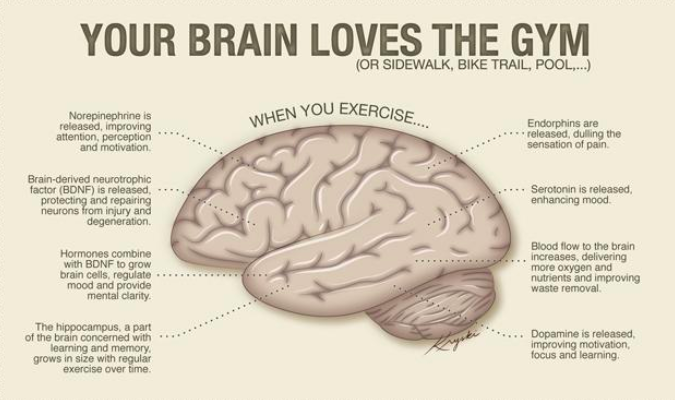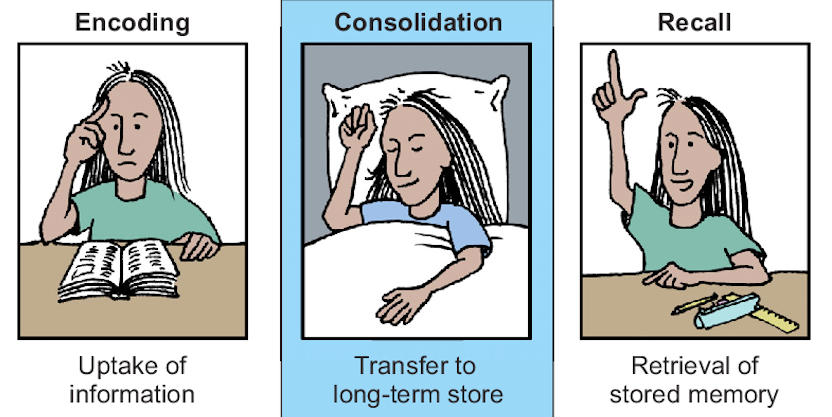6 Healthy Habits for College Students in 2024
“The difference between ordinary and extraordinary is that little extra.”
– Jimmy Johnson
While chugging Red Bulls and pulling all-nighters is a strategy some students choose, if you want to crush it academically (and still have a life), you need to build some solid habits.
So let’s talk about a few science-backed habits that can give you an edge in the academic arena.

6 Healthy Habits for College Students
Habits are learned behaviors that can be changed.
Scientifically, the habit-forming process is the strengthening and weakening of connections between neurons in the brain. To visualize this concept effectively, slide templates can be a valuable tool, offering clear, structured layouts to explain the intricate neural changes during habit formation.
Here are 6 that you can use to get a little bit better GPA
1. Move your body
Want to get smarter? Exercise can be as effective as reading books.
Physical activity for at least 30 minutes a day is proven to improve brain health.
For those who want to optimize their workouts with better endurance and focus, checking out a Pre Lab Pro review can provide insights into a supplement designed with natural caffeine and other ingredients to support performance.
How much do you have to workout to grow your brain? Dr Andrew Huberman recommends:
- 150-180 minutes per week of Zone 2 cardio (moderate intensity where you can still hold a conversation)
- Resistance training 3-4 times per week
- Exercising early in the day for alertness and focus
2. Feed your brain
Your brain is like a car, in order to race fast it needs high-quality fuel

Eat foods high in tyrosine (a precursor to dopamine, see tyrosine food list here)
Spend time fasting (empty stomach) for mental clarity
Stay hydrated throughout the day
Caffeine (from coffee or tea, not energy drinks)
Avoid processed foods as much as possible
3. Sleep like it’s your job
Good sleep cements the information you studied that day into your brain long term.
Aim for 7-9 hours per night
Avoid bright lights in the evening (yes your phone)
Prioritize sleep the night after learning new information
Keep bedtime and wake-up time as consistent as you can
4. Have some fun
Take time to do what makes you feel good and happy

Regular exercise is one of the most proven ways to reduce stress
Spend time with friends and family
Set aside regular time for hobbies
5. Study smarter not harder
Research on successful students says to:
Scheduled study time, block out 3-4 hours daily, broken into sessions.
Minimize distractions, study solo and turn your phone OFF. Not silent, not airplane mode. Off.
Teach others, explaining stuff reinforces your own learning. No study buddy? Pretend you’re teaching someone.
Do lots of practice questions, quiz yourself regularly. It’s more effective than re-reading.
Challenge yourself. If it feels hard, you’re doing it right. That “strain” means you’re learning.
Your brain isn’t a sponge – it’s more like a muscle. You need to actively engage with the material to make it stick.
6. Other tips
Consciously focus on the material you’re trying to learn.
Study in 90-minute blocks, followed by periods of rest.
Take breaks between study sessions to allow for mental decompression.
Forming habits is like training a puppy. It takes time, patience, and maybe a few treats along the way. But stick with it, and you’ll be the top dawg in no time.
Until next time you academic weapons
Josh





